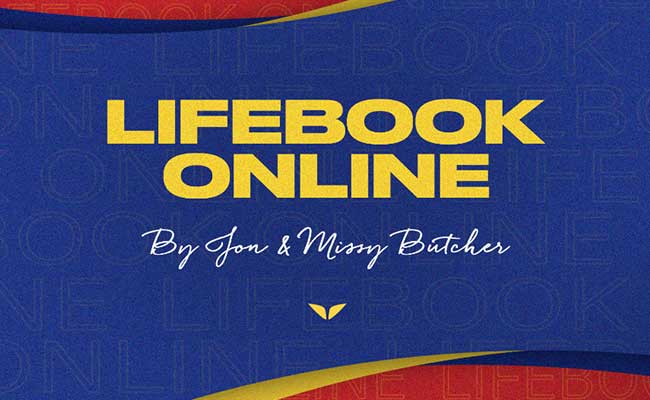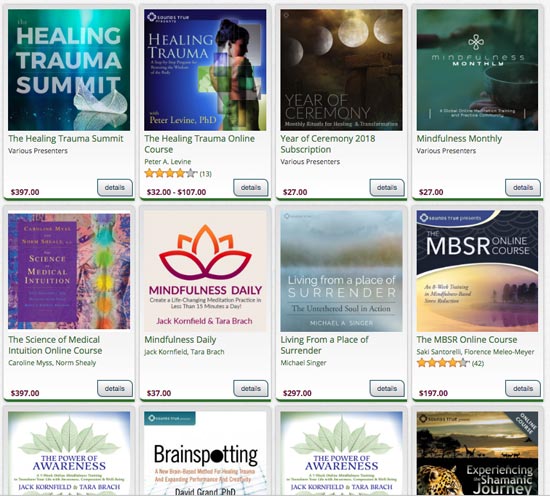I was sitting in my working when I heard high-pitched screeching from outside the window.
I looked up and saw five or more magpies sitting on the roof squawking away.
They'd take it in turns to fly off and come back again, all the while still going crazy.
I had no idea why they were making so much noise, though coincidentally, a couple of weeks beforehand my mum was telling me how aggressive these birds can be.
She'd seen a flock attack another bird and peck it to death.
Grim.
I thought nothing of it until my wife and daughter returned from the library an hour later.
“Daddy, the bird is dead”, my daughter shouted from the porch.
I rushed out and looked around the corner, and sure enough, there in the front garden was a young pigeoN laying on the ground.
It had a hole in its side and was bleeding badly.
It's insides were exposed and flies were gathering on its body. There were soft, baby-like feathers scattered all over the drive.
My daughter loves animals.
From my mother's dog to inspecting worms and snails in the garden, she has a natural interest in animals and an inclination to protect them.
She has never seen a dead animal, and as you'd expect she was quite shocked.
But at three and a half years old and being her first encounter, it took a while to register that this bird wasn't just hurt.
This bird wasn't getting up. This bird's life had ended.
She looked at me longingly, almost as if she was waiting for me to do something — perhaps fix the situation.
Her eyes welled up and she began to cry.
The bird is dead daddy.
She ran over and jumped into my arms.
And so it was; her first encounter with death.
How Do You Explain Death to a Child?
I've considered life and death so many times since a young child that speaking about it comes pretty easily, and I always considered that if I had children I'd just tell them the truth.
There is nothing to fear in death. We should face it. We should grieve. We should see it for what it is. We should accept it. We are part of it.
The bird is dead, sweetheart. Here's what we're going to do.
We're going to dig a special hole in the garden. Then we're going to put the bird inside and cover the hole.
After a while, the bird will become the earth and help everything else to grow. She might become a plant, maybe a flower or even a tree. Maybe she'll become a slug or a snail, a fly or even a bird again.
An oversimplification, perhaps, but by and large this is truth.
“Yay!” She shouted, with a big smile on her face.
She was so happy.
I was quite surprised, but it made sense.
In that moment, my three-year-old daughter had understood that life and death is a cycle. One becomes the other.
I added a small explanation…
You see, things die and then give life to other things. That's how nature works.
I guess she saw the wonder in this. Through her eyes, I guess this was kind of magical.
And it is, isn't it?
Scraping that bird up off the floor wasn't a pleasant job. As I tried to sleep last night the image flashed through my mind. I felt really bad for the horrific end that bird had suffered at the hands of the magpies. Nature can seemingly be so brutal.
Strangely though, there wasn't just a lesson in this for my daughter, but for me too.
My daughter had unwittingly helped me through this.
She had made me re-evaluate life and death and see the simplicity of it all: the impermanence of life and its cyclical but ever-changing nature.
She made me see the magic, again.
Of course, every child is different and as such reactions will vary. At three and a half, my daughter's view of the world is very literal, and may be quite different to that of a child of five, and certainly to that of a child of eight or over.
Regardless, the important thing is that we are open and confront the situation head-on, for what it is.
There is no right or wrong way to feel and the best thing we can do is encourage children to express their feelings.
We must allow them to be part of the conversation and the process of grieving, and not try to shelter them from emotions or avoid the subject.
Death is loss but also the birth of a new beginning. It does have meaning. It is not empty and without purpose.





Andrew D says
Good for your daughter! And what a nice explanation 🙂
Alfred James says
Thank you, Andrew.
Uday Modak says
I really appriciate the article. What a simple yet befitting yet very appropriate explanation of such a difficult subject like death ! Hats off to you Sir ! I have never come across such an explaination of the complex act of nature. I am a HINDU by religion and this explaination goes very close to the HINDU philosophy of LIFE AND DEATH. And that’s why it appealed to me !
Alfred James says
Thank you Uday. Much appreciated. Have a great day!